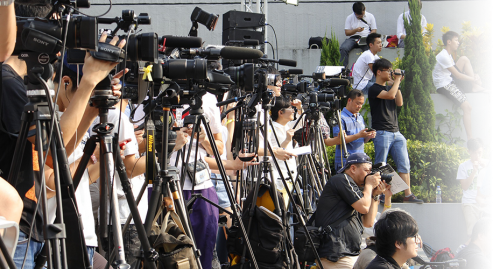“This study assesses the challenges, and the opportunities, for journalism today. It dovetails with the 2020 theme of World Press Freedom Day (“Journalism without Fear or Favour”), an annual calendar date that commemorates and celebrates the universal human right to expression in the public arena. Without press freedom, it is impossible to envisage editorial independence in the media, and without editorial independence as an essential enabler of professional standards, journalism cannot thrive. These are not “nice to haves”. Society depends on journalism for the vibrancy of democracy and informed responses to crises. Without journalism, a huge gap exists in holding states accountable for realizing their commitment to achieving progress in the areas covered by the Sustainable Development Goals (SDGs). The report provides a structured way of understanding the contemporary context of journalism in terms of trends in editorial independence and professional standards. Each analysis constitutes the source of targeted recommendations at the end of the study. The report as a whole serve as a starting point for debate among and between governments, intergovernmental organizations, civil society, media actors, academics, internet companies and other stakeholders. Such discussions are key if independent journalism and its outputs are to persist and flourish as a matter of public good. The present report explores the above-mentioned themes and identifies relevant patterns and recent trends in how they have manifested themselves across the globe. It also seeks to give a sense of the responses from international and regional organizations, national governments, and other actors. While each of these three themes has its own distinctive dynamics and drivers, the interplay between them in relation to elections is particularly powerful.”

